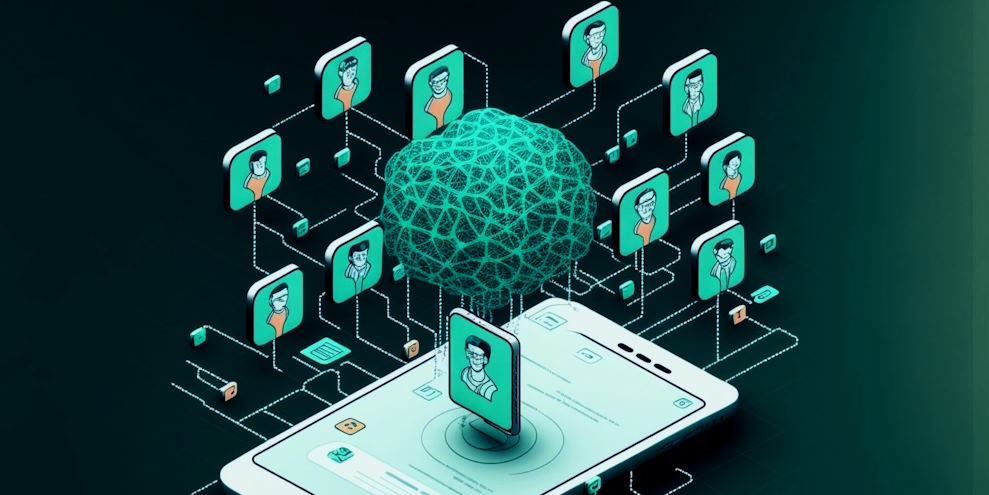Cryptotechnologies, including blockchain and encryption, have emerged as powerful tools beyond cryptocurrencies. These technologies can revolutionize everyday life, providing enhanced security, privacy, and trust in digital interactions. This article explores the diverse applications of cryptotechnologies and their impact on finance, healthcare, supply chain management, and identity verification.
Blockchain Technology: Transforming Trust and Transparency
Decentralized Finance (DeFi)
Blockchain-based decentralized finance platforms enable secure peer-to-peer transactions, removing the need for intermediaries like banks. Smart contracts facilitate automated and transparent financial transactions, including lending, borrowing, and decentralized exchanges, fostering financial inclusion and reducing transaction costs.
Supply Chain Management
Blockchain provides end-to-end visibility and traceability in supply chains. By recording every transaction and movement of goods on an immutable ledger, it becomes possible to authenticate products, verify their origin, and ensure ethical sourcing, promoting consumer trust and combating counterfeiting.
Identity Verification
Blockchain-based identity verification systems offer secure and decentralized solutions for digital identity management. Users have control over their data, eliminating the need for centralized authorities. This technology enables efficient and secure verification processes for service access, reducing identity theft and fraud risks.

Encryption: Protecting Privacy and Confidentiality
Secure Communication
Encryption is vital in securing communications, ensuring that messages and data are only accessible to intended recipients. End-to-end encryption protocols like Signal and WhatsApp protect private conversations from eavesdropping, enhancing privacy in digital communications.
Data Protection
Encryption safeguards sensitive data stored on devices, servers, or the cloud. By encrypting data-at-rest and data-in-transit, organizations can mitigate the risk of unauthorized access and data breaches, protecting against cyber threats.
Confidentiality in Healthcare
Cryptotechnologies contribute to secure and confidential healthcare services. Electronic health records encrypted on a blockchain protect patient privacy, while sharing medical data securely among healthcare providers. Additionally, encrypted communication channels facilitate confidential consultations and telemedicine appointments.
Future Possibilities and Considerations
Internet of Things (IoT)
Cryptotechnologies can enhance the security of IoT devices by implementing cryptographic protocols. Securing device communications, data integrity, and user authentication in IoT ecosystems safeguards critical infrastructure, smart homes, and industrial systems from cyber threats.
Privacy-Preserving Data Analytics
Emerging techniques like homomorphic encryption and zero-knowledge proofs enable privacy-preserving data analytics. Organizations can analyze encrypted data without exposing sensitive information, enabling collaborations while respecting privacy regulations.
Regulatory and Ethical Considerations
As crypto technologies continue to advance, regulatory frameworks must adapt to ensure a balance between privacy, security, and compliance. Striking a balance that fosters innovation while addressing potential risks, such as money laundering or illicit activities, is crucial.






